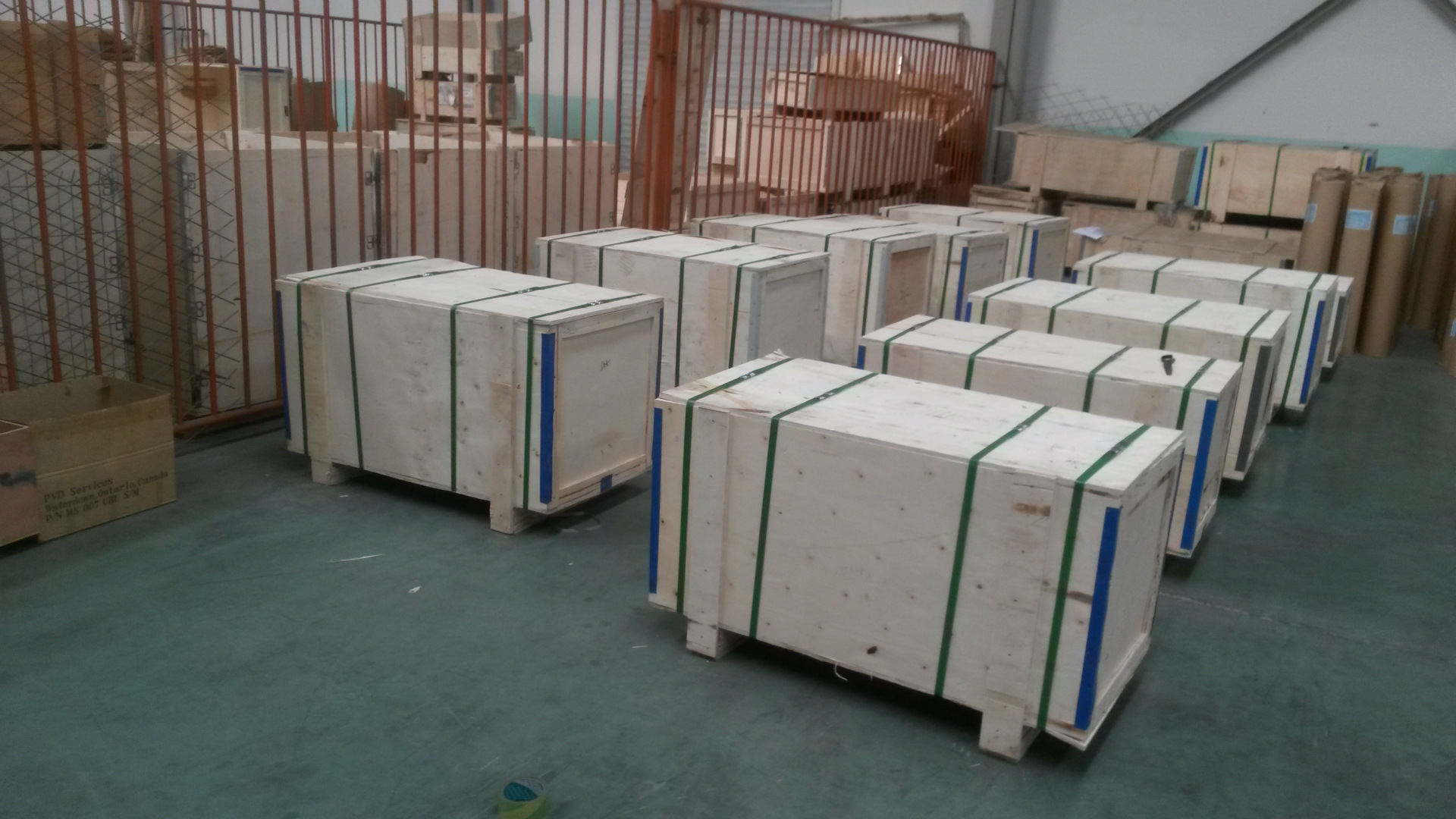Vacuum Packaging Solutions for Preserving Freshness and Extending Shelf Life
Nov . 07, 2024 14:31 Back to list
Vacuum Packaging Solutions for Preserving Freshness and Extending Shelf Life
The Importance of Vacuum Machines for Packaging
In the dynamic world of packaging, vacuum machines play a crucial role in preserving food products and other perishable items. As consumer preferences shift towards fresher and longer-lasting products, the importance of vacuum packaging techniques has become more pronounced. This article explores the various aspects of vacuum machines for packaging, including their functionality, benefits, and applications across different industries.
Understanding Vacuum Packaging
Vacuum packaging involves removing air from a package before sealing it, which significantly reduces the amount of oxygen that can contribute to spoilage. By eliminating air, vacuum machines prevent the growth of aerobic bacteria and fungi, which are often responsible for food deterioration. This method not only extends the shelf life of products but also maintains their quality, flavor, and nutritional value.
How Vacuum Machines Work
Vacuum machines operate through a straightforward yet effective process. The product is placed inside a plastic pouch or bag, and the machine extracts the air from the package before sealing it. There are several types of vacuum machines, including external vacuum sealers, chamber vacuum sealers, and industrial vacuum packaging systems.
- External Vacuum Sealers These machines are typically used for home and small-scale packaging. The open end of the bag is placed in the machine, where it sucks out the air and seals the bag. - Chamber Vacuum Sealers These are commonly used in commercial settings. The entire bag is placed inside a chamber, where air is removed from both the bag and the chamber, ensuring a tight seal even with complicated shapes and larger quantities.
- Industrial Vacuum Packaging Systems These systems are designed for high-throughput environments, such as factories and processing plants. They can handle large volumes of product quickly and efficiently.
Benefits of Vacuum Packaging
1. Extended Shelf Life Vacuum packaging can significantly prolong the freshness of food products, often doubling their shelf life. This is particularly beneficial for perishable items such as meat, cheese, and fruits.
2. Cost Efficiency By reducing spoilage, businesses can save money in the long term. Vacuum packaging minimizes food waste, which is increasingly important in today's sustainability-focused market.
vacuum machines for packaging

3. Preservation of Quality Vacuum packaging helps lock in flavors and nutrients. Products sealed in vacuum environments retain their taste and texture better than those packaged using traditional methods.
4. Space Saving Vacuum-sealed products take up less space, making them easier to store. This is especially advantageous for retailers and consumers looking to maximize storage efficiency.
Applications Across Industries
- Food Industry In supermarkets and restaurants, vacuum packaging preserves meats, cheeses, and prepared meals, enabling them to be served fresh for longer periods.
- Electronics Packaging Vacuum technology is also essential for packaging sensitive electronic components. By preventing moisture ingress and oxidation, these components remain undamaged during transport and storage.
- Pharmaceutical Sector Medication packaging must meet strict standards to ensure efficacy and safety. Vacuum packaging helps protect sensitive pharmaceutical products from contaminants.
- Textiles Vacuum sealing is frequently employed in the textile industry for compressing space and protecting delicate fabrics during transport.
Conclusion
Vacuum machines are not just another tool in the packaging arsenal; they are indispensable for ensuring product quality, safety, and longevity across various industries. As the demand for sustainability and efficiency continues to rise, the role of vacuum packaging will only become more significant. Investing in high-quality vacuum machines can lead to better product outcomes, reduced waste, and increased consumer satisfaction, ultimately setting businesses apart in a competitive marketplace. Whether in the kitchen or on the production line, vacuum packaging is a game-changer that enhances the way we preserve and protect valuable goods.
-
Automatic Feeding Line System-Pan Feeder Nipple Drinker|Anping County Yize Metal Products Co., Ltd.
NewsJul.29,2025
-
Hot Sale 24 & 18 Door Rabbit Cages - Premium Breeding Solutions
NewsJul.25,2025
-
Automatic Feeding Line System Pan Feeder Nipple Drinker - Anping County Yize Metal Products Co., Ltd.
NewsJul.21,2025
-
Automatic Feeding Line System Pan Feeder Nipple Drinker - Anping County Yize Metal Products Co., Ltd.
NewsJul.21,2025
-
Automatic Feeding Line System - Anping Yize | Precision & Nipple
NewsJul.21,2025
-
Automatic Feeding Line System - Anping Yize | Precision & Nipple
NewsJul.21,2025






